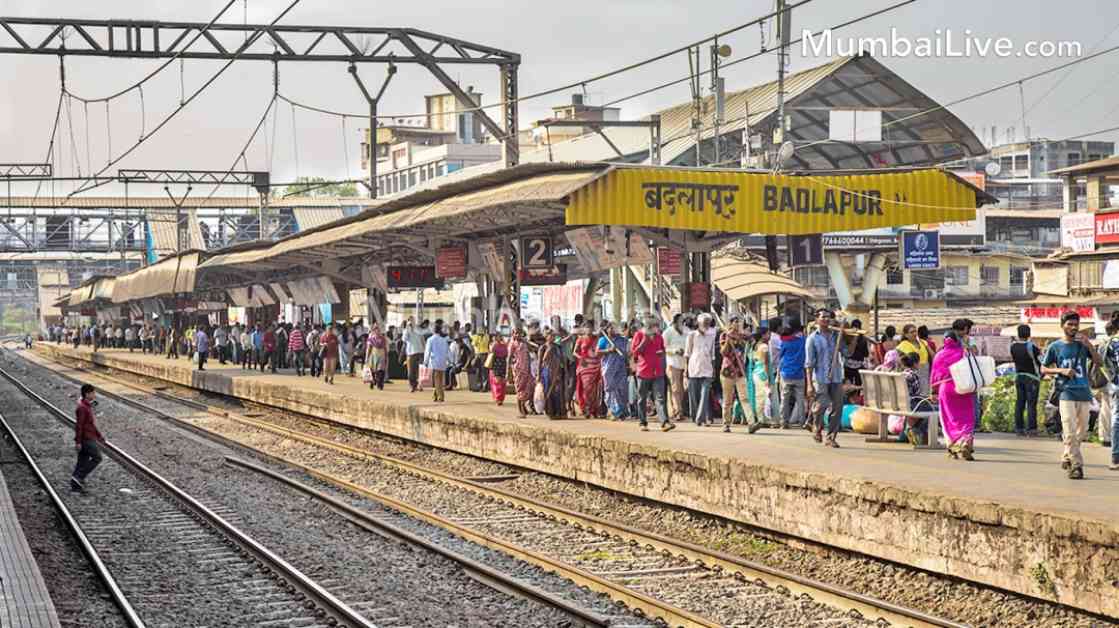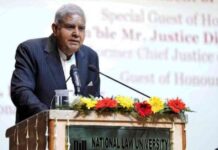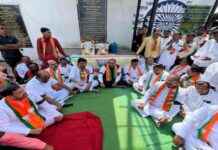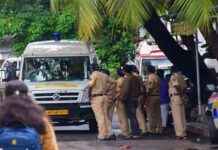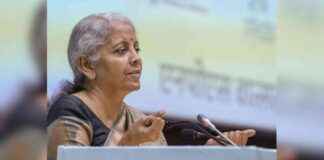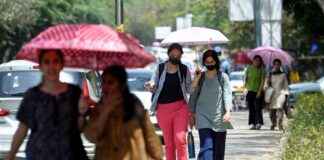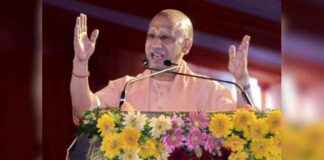In a landmark decision, the Bombay High Court (HC) has issued a restraining order against any political party or individual calling for a bandh in Maharashtra. This directive comes in response to the opposition Maha Vikas Aghadi (MVA) announcing a Maharashtra bandh on August 24 to protest against the alleged sexual assault of two young girls at a school in Badlapur, Thane district.
The division bench comprising Chief Justice Devendra Kumar Upadhyaya and Justice Amit Borkar heard pleas challenging the call for a ‘Maharashtra bandh’ by Maha Vikas Aghadi (MVA) and other political parties. Chief Justice Devendra Kumar Upadhyaya stated, “We are restraining any political party or individual from proceeding with the call for a bandh. We will also direct the State to take all necessary steps in accordance with the B G Deshmukh judgment.”
The incident that sparked outrage occurred on August 17 when an attendant at the school was arrested for sexually abusing two kindergarten girls in Badlapur. The girls were reportedly abused in the school’s toilet, prompting a swift response from the authorities. However, opposition parties criticized the handling of the situation, claiming that the parents of the victims were made to wait for 11 hours at the Badlapur police station before their complaints were addressed.
Following the arrest of the suspect, the situation escalated as thousands of protesters blocked railway tracks at Badlapur station and stormed the school premises. In response to the violence during the protest, police arrested 72 individuals connected to the incident. The Shiv Sena (UBT) chief Uddhav Thackeray demanded the withdrawal of cases against the protesters in Badlapur, warning of further protests if their demands were not met.
Thackeray emphasized that the Maharashtra bandh called by the opposition bloc on August 24 aimed to protest against “perversion” and encouraged people from all communities to join in. The decision of the Bombay High Court to restrain any bandh in Maharashtra reflects a commitment to maintaining law and order while ensuring that justice is served in cases of alleged abuse and misconduct.
Protests and Political Response
The alleged sexual assault in Badlapur sparked widespread outrage and led to protests across Maharashtra. Concerned citizens, activists, and members of various political parties took to the streets to demand justice for the victims and accountability from the authorities. The incident also became a focal point for political debates, with opposition parties criticizing the government’s handling of the situation.
The call for a Maharashtra bandh by the Maha Vikas Aghadi (MVA) and other political parties was seen as a way to pressure the government to take immediate action against the perpetrators and address the concerns of the public. However, the restraining order issued by the Bombay High Court has now put a halt to these plans, emphasizing the importance of upholding the rule of law and preventing any disruptions to public life.
Legal Implications and Judicial Intervention
The intervention of the Bombay High Court in restraining the Maharashtra bandh raises important legal questions about the right to protest and the limits of political activism. While citizens have the right to express their grievances and demand justice through peaceful demonstrations, the court’s decision to restrict a bandh reflects a careful balance between public interests and the need to maintain order.
Chief Justice Devendra Kumar Upadhyaya’s directive to prevent any political party or individual from proceeding with the bandh underscores the court’s commitment to upholding the rule of law and preventing any potential violence or disruption that may arise from such protests. The court’s decision also sends a strong message to political parties and activists about the importance of respecting legal processes and seeking redress through appropriate channels.
Community Response and Unity
The alleged sexual assault in Badlapur has elicited a strong response from the community, with people from all walks of life coming together to condemn the heinous act and demand justice for the victims. The solidarity shown by citizens, activists, and political leaders in seeking accountability and support for the affected families reflects a shared commitment to upholding the values of justice, equality, and safety for all.
The Maharashtra bandh called by the opposition parties was intended to be a show of strength and unity in the face of injustice and wrongdoing. However, the court’s intervention has now prompted a reevaluation of strategies and approaches to address such issues in a more constructive and lawful manner. As the community grapples with the aftermath of the incident, there is a growing sense of urgency to work together towards preventing similar tragedies and ensuring the safety and well-being of all individuals, especially the most vulnerable members of society.
In conclusion, the Bombay High Court’s decision to restrain the Maharashtra bandh in the wake of the Badlapur molestation case highlights the complexities and challenges of seeking justice and accountability in cases of alleged abuse and misconduct. While protests and demonstrations play a vital role in raising awareness and demanding action, it is essential to uphold the rule of law and respect legal processes to prevent any further harm or disruption. The community’s response to the incident underscores the importance of unity, solidarity, and collective action in addressing issues of social injustice and working towards a safer and more equitable society for all.
